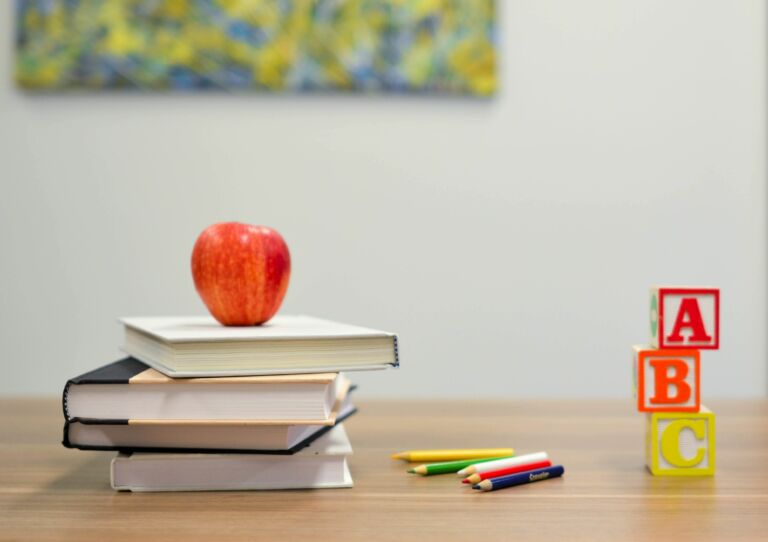The S.C. Department of Education has announced a new plan to ensure that books in South Carolina schools are age-appropriate and suitable for students.
The proposal, which can be viewed here, would create uniform definitions for K-12 content that is “age and developmentally appropriate” and “educationally suitable and aligned with [the state’s] instructional program,” and require materials in both classrooms and school libraries to meet these standards.
The department explains that parents and educators don’t have enough clarity in the current environment. “Under the current patchwork of district policies and practices,” it says, “stakeholders are afforded an uneven opportunity to have their concerns addressed in a uniform, transparent manner.”
Disallowed material would include anything that contains “descriptions or visual depictions of ‘sexual conduct,’” as defined by state law, or content that “would be considered ‘obscene’ or ‘indecent’ for daytime broadcast by the Federal Communications Commission.”
Districts would need to review existing materials to align with the policy, in addition to new content before it’s made available to students. Starting later next year, parents and local residents would have an opportunity to formally challenge books and other materials they think are not age-appropriate or fail to meet these standards.
Upon receiving a challenge, a school board would have 60 days to hold a public hearing so that it may review the complaint, receive input from the community, and decide whether to keep, remove, or restrict (with parental consent) the book or material in question.
Ultimate say over permitted material would lie with the State Board of Education, which parents could reach through an appeals process.
To further transparency, districts would need to list online all books and materials available to students in their libraries or media centers. A complete list of classroom instructional materials would also be available to parents or other parties upon request.
The department acknowledges that while the change may require some extra work up front, the end result for educators will be “less anxiety, uncertainty, and conflict” thanks to a clear and uniform standard.
The proposal will be introduced at the State Board of Education’s November 14 meeting. A later public hearing is set for February 13, 2024.

